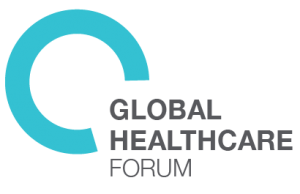
THE NEW SKILLS
The Global Healthcare Forum brings together different entities and individuals from various sectors of society and areas of activity with the common objective of discussing and training the new fundamental skills for healthcare professionals to succeed in the digital age and industry 4.0. Global Healthcare Forum is also a catalyst for ideas, knowledge and research that focuses on important issues of people's motivation and happiness in the workplace, believing that it is necessary to "take care of those who care", providing professionals with tools that allow them to reskill to face the changes imposed by the impact of rapid changes and an increasingly global and technological world.

BERNARD LOWN, PHYSICIAN AND NOBEL PRIZE
“The real crisis in healthcare today is not about economics, insurance, or managed care, it's about the loss of the fundamental human relationship between professionals and patients. “
Framework
Research consistently shows that, when employees feel supported and valued, they tend to have higher levels of well-being, higher levels of performance, concentration and motivation; higher levels of involvement and commitment to the organization's goals. The results of research carried out on this topic show a direct link between people's well-being, their happiness and productivity in the work they do. They also made it clear that people's satisfaction increases their level of commitment to the organization's mission and involvement in its activities. For this to happen, organizations must create the conditions that:


